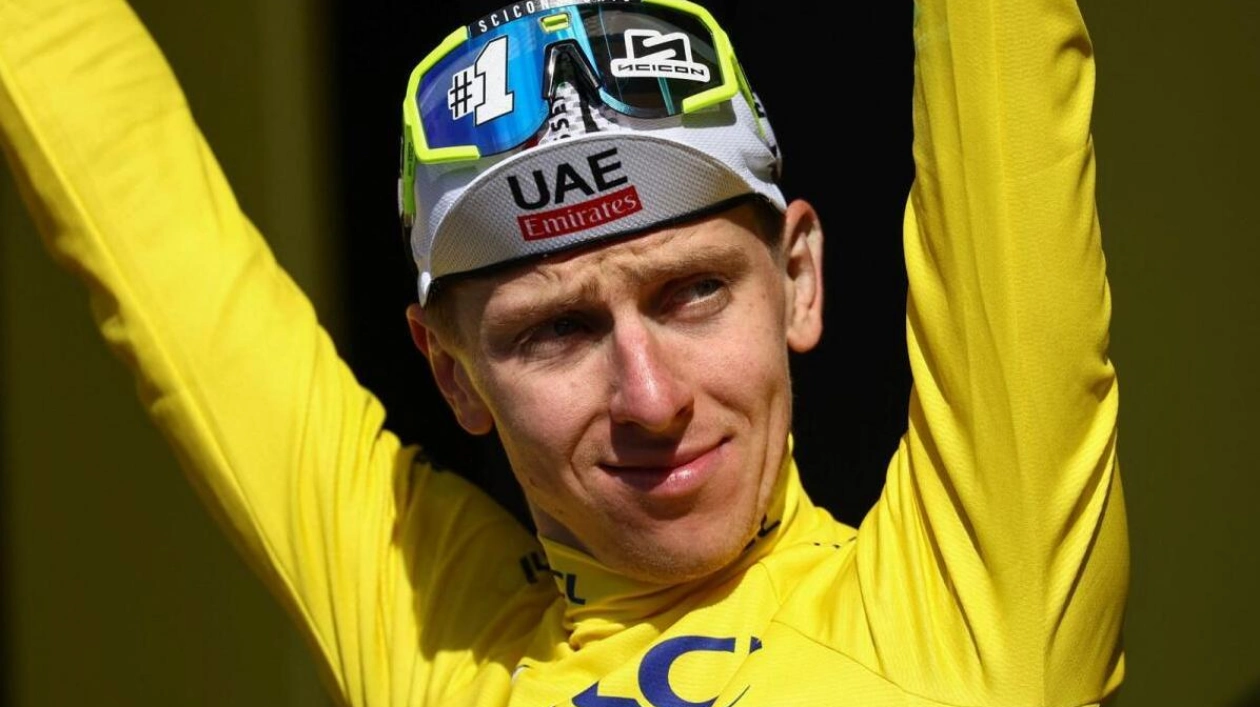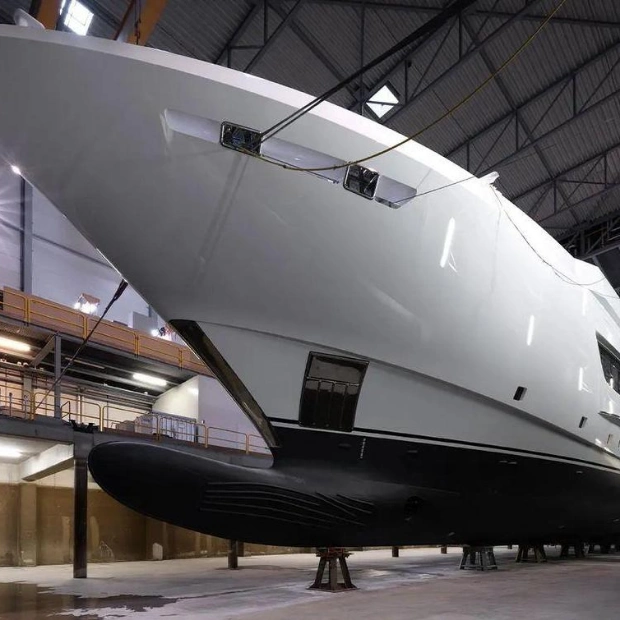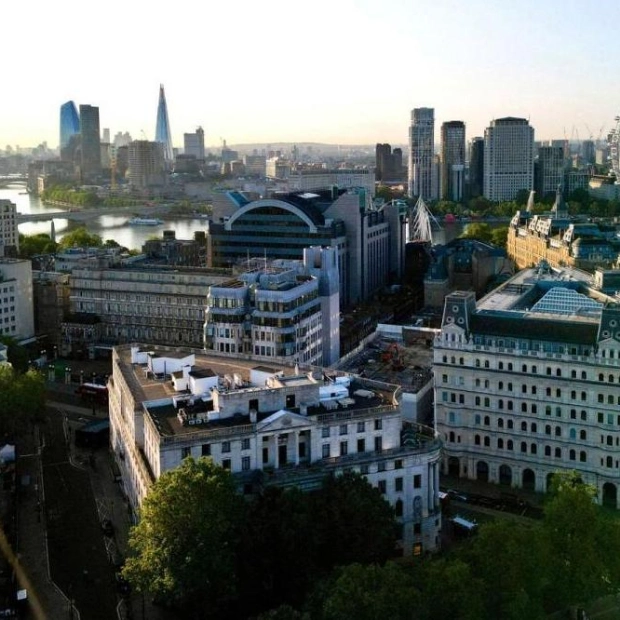On Sunday, the contrasting strategies of Tadej Pogacar and Jonas Vingegaard in the Tour de France were evident, with the Slovenian maverick feeling thwarted by the reigning champion's cautious approach on the gravel roads. Since the race began in Florence, Pogacar, riding for UAE Team Emirates, has consistently tried to gain an advantage through aggressive attacks, while Vingegaard has been content to shadow his opponent, likely planning to make his decisive move in the final week. Pogacar, buoyed by his performance in the Giro d'Italia, launched attacks on various stages, including a short climb in the second stage, the first high mountain trek, and again in the ninth stage on challenging gravel sections, managing to create a gap of one minute and 15 seconds over the Danish rider. Vingegaard, who had not raced for nearly three months due to a lung injury sustained in April, has primarily focused on minimizing his losses. Despite opportunities to gain time on his rivals, including Remco Evenepoel and Primoz Roglic, Vingegaard prioritized safety, especially after having to switch to a teammate's bike due to a puncture. When Roglic fell behind, he declined to cooperate with Evenepoel and Pogacar, and later refused to assist in extending the lead over the other members of the "Big Four" after Pogacar's aggressive move. "I wanted to have teammates around me, it was our goal. On the other hand, it might have made sense to ride with Pogacar since Remco and Primoz were not there, but we were there to avoid losing time," Vingegaard explained. Pogacar expressed frustration with this strategy, suggesting that Vingegaard's team underestimates his competitors and that their focus on him could be detrimental. "Yes, I think he (Vingegaard) is scared of me. If he wasn't scared of me, he would have pulled with his teammate," Pogacar said. Currently, Pogacar leads Evenepoel by 33 seconds, with Vingegaard in third place, 1 minute and 15 seconds behind, and Roglic in fourth, another 21 seconds back.

Text: Lara Palmer
08.07.2024
Aggressive Attacks vs. Cautious Following: The Duel in the Tour de France





